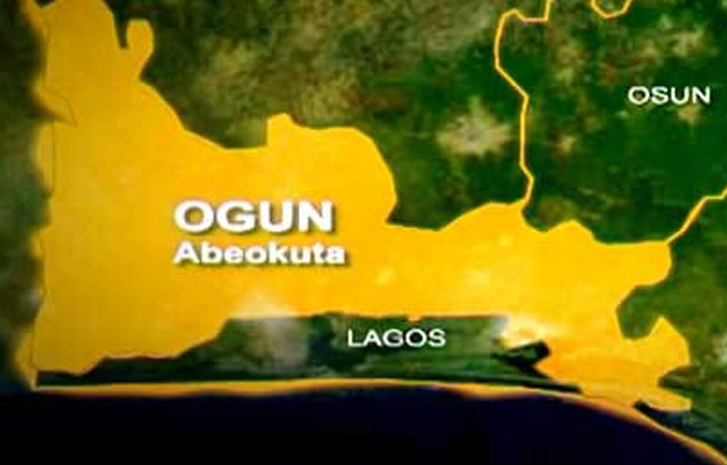The President of the Nigerian Economic Society (NES), Professor Adeola Adenikinju, has called on the Federal Government to prioritize direct cash transfers to the poor and significantly increase capital spending in the proposed 2025 budget.
Professor Adenikinju, an economist from the University of Ibadan, made this appeal during an interactive session organized by the Senate Committee on Appropriation in Abuja on Thursday.
The session was part of deliberations on the N49.7 trillion budget proposal, which President Bola Tinubu submitted in December and labeled the “Budget of Restoration.”
During the event, Adenikinju emphasized that cash transfers to those living in poverty could have an immediate impact on alleviating economic hardships.
He also urged the government to focus heavily on capital projects, which he said are critical for job creation and sustainable economic growth.
“While Nigeria faces significant revenue challenges, the 2025 budget presents an opportunity to unlock the country’s economic potential,” Adenikinju remarked.
“Targeted cash transfers to the poor and increased investment in infrastructure can significantly reduce poverty and create employment opportunities.”
The interactive session brought together federal lawmakers, economic experts, and civil society representatives to scrutinize the fiscal plan.
The Chairman of the Senate Appropriation Committee, Senator Adeola Olamilekan, described the proposed budget as ambitious but achievable, praising President Tinubu’s commitment to addressing Nigeria’s revenue challenges.
“The projections are bold but not beyond reach. President Tinubu is on the right track to stabilize our economy and drive revenue growth.”
Senate President, Godswill Akpabio, echoed similar sentiments, expressing the 10th Senate’s commitment to ensuring the success of the Tinubu administration.
However, Minister of Budget and Economic Planning, Atiku Bagudu, offered a slightly different perspective during the session.
While acknowledging the role of cash transfers, he argued that the best approach to combating poverty is through policies that promote business growth and economic activities.
READ ALSO:
“Supporting business activities is the most sustainable way to reduce poverty. Empowering businesses creates jobs, which in turn alleviates poverty on a larger scale.”
The stakeholders’ engagement on the 2025 budget marks the first of its kind in the National Assembly, fostering a collaborative approach to fiscal planning.
The interactive session also highlighted the importance of collaboration among lawmakers, economic experts, and other stakeholders in shaping Nigeria’s fiscal direction.
As lawmakers race to finalize the budget, the call for a balance between social welfare initiatives and long-term capital investment remains central to discussions.
Stakeholders agree that the 2025 budget is an opportunity to reset Nigeria’s economy and create a more inclusive future for its citizens.






